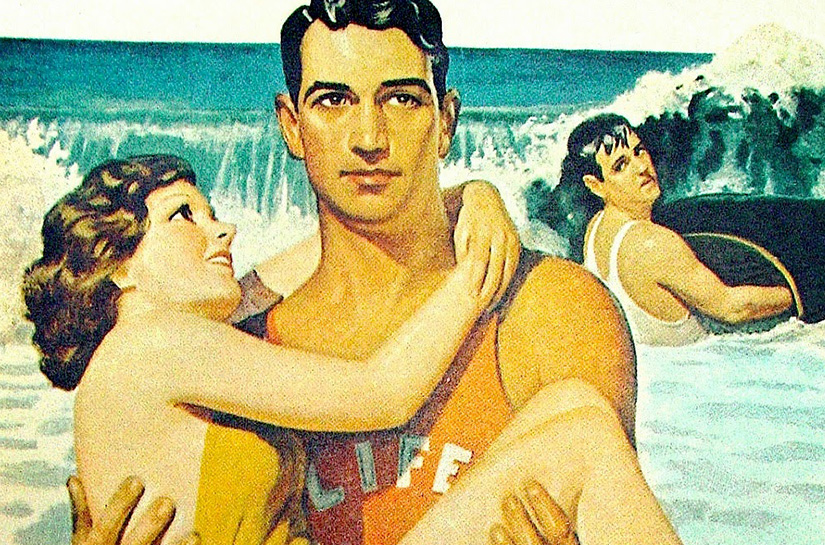Dead hero

While I’m not inclined, as linguist John McWhorter has done*, to describe text messaging as “a miracle happening right under our very noses”, I do welcome new and intuitive forms of communication. Seriously. Bring on the new shades of meaning, too, I say, and the always entertaining mashup words like “freemium” and “celebutante”. Love those.
Sometimes, though, when we treat words the way that furriers treat furry animals, I lose my enthusiasm for change. When we kill a word, skin it and drape a cousin concept with what’s left of it to make that cousin more attractive, intuition tells me that a net loss has occurred. To the language and to us.
So it goes with “hero”.
In conversation with a business acquaintance yesterday, I had to bite my tongue when he referred to an ex-military man as a “hero”. Please understand that by “hero”, he didn’t mean, “refused badly needed medical attention, crawling under heavy fire to drag wounded Iraqi children to safety.” He didn’t mean, “has spent his retirement aggressively supporting humanitarian causes at great personal expense.”
He meant “saw combat.”
But I don’t blame him. He didn’t coin the usage. As things stand today, every fireman and police officer, every soldier and coach, every mother who reads to her child, every father who builds a tree house … They’re all “heroes”.
Because “hero” has gone the way of “awesome”. May it rest in peace. Let’s not keep its memory, however, by pretending that every man or woman who wears a fur coat is a chinchilla.
* February 2013 TED talk